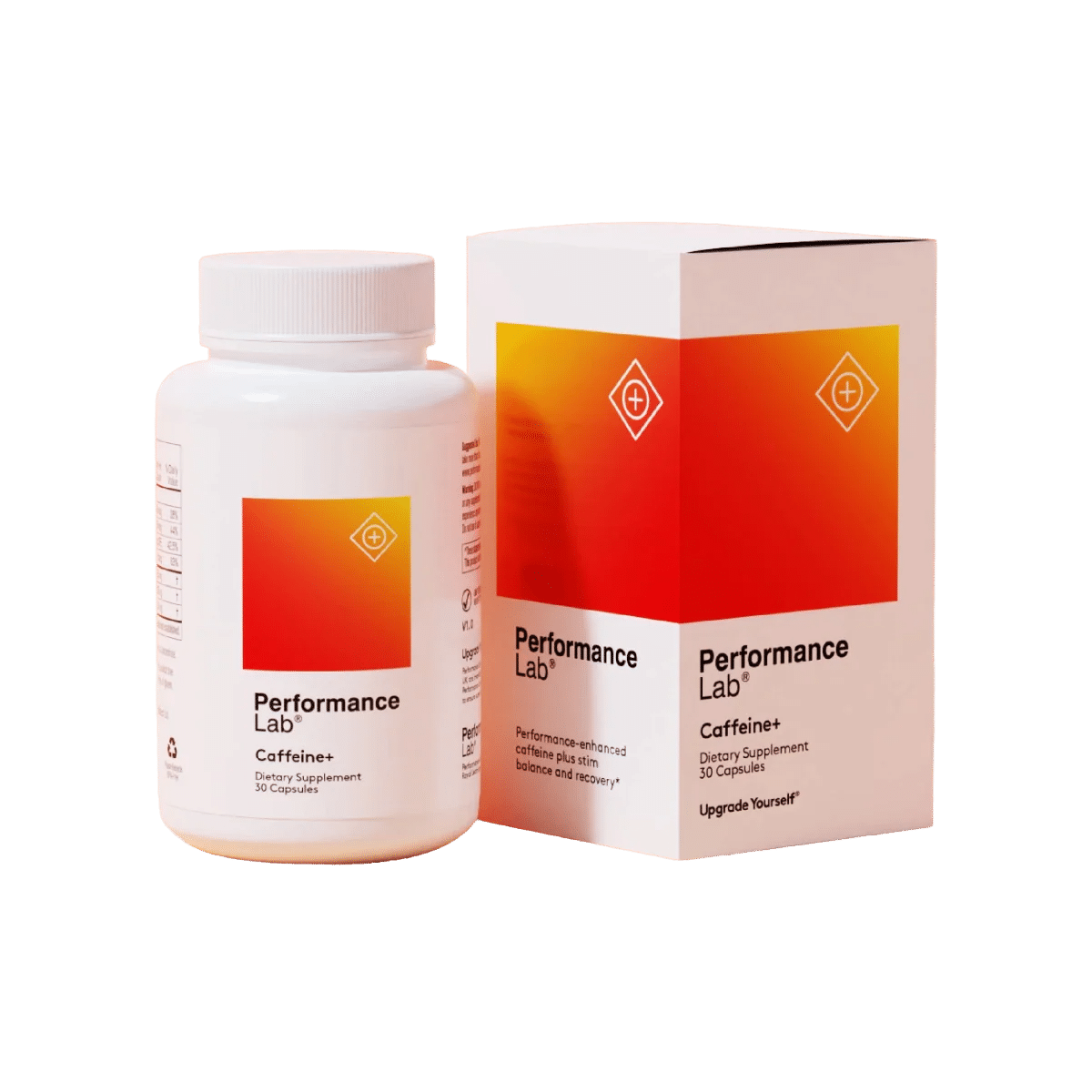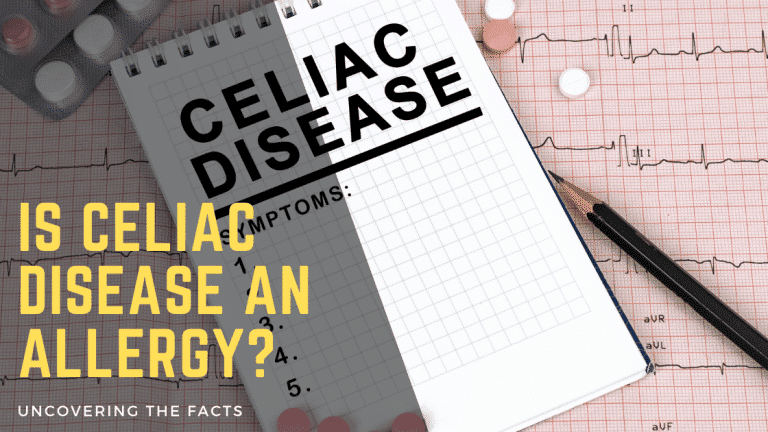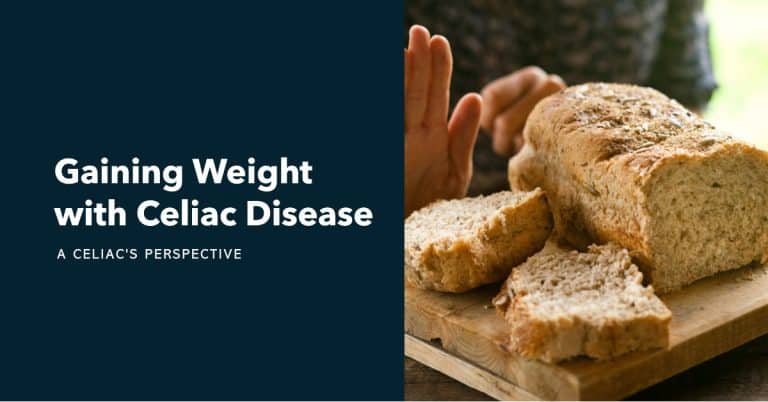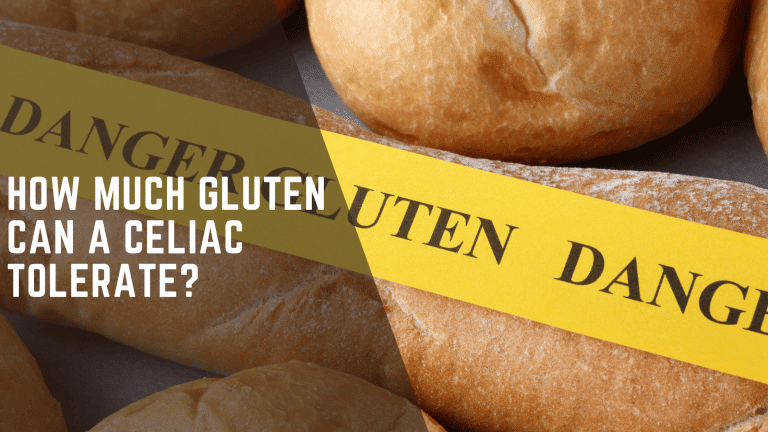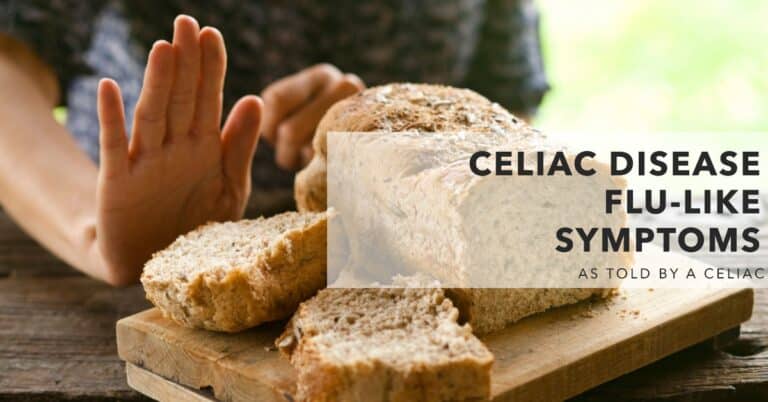Caffeine and Celiac Disease: Confessions of A Coffee-Loving Celiac
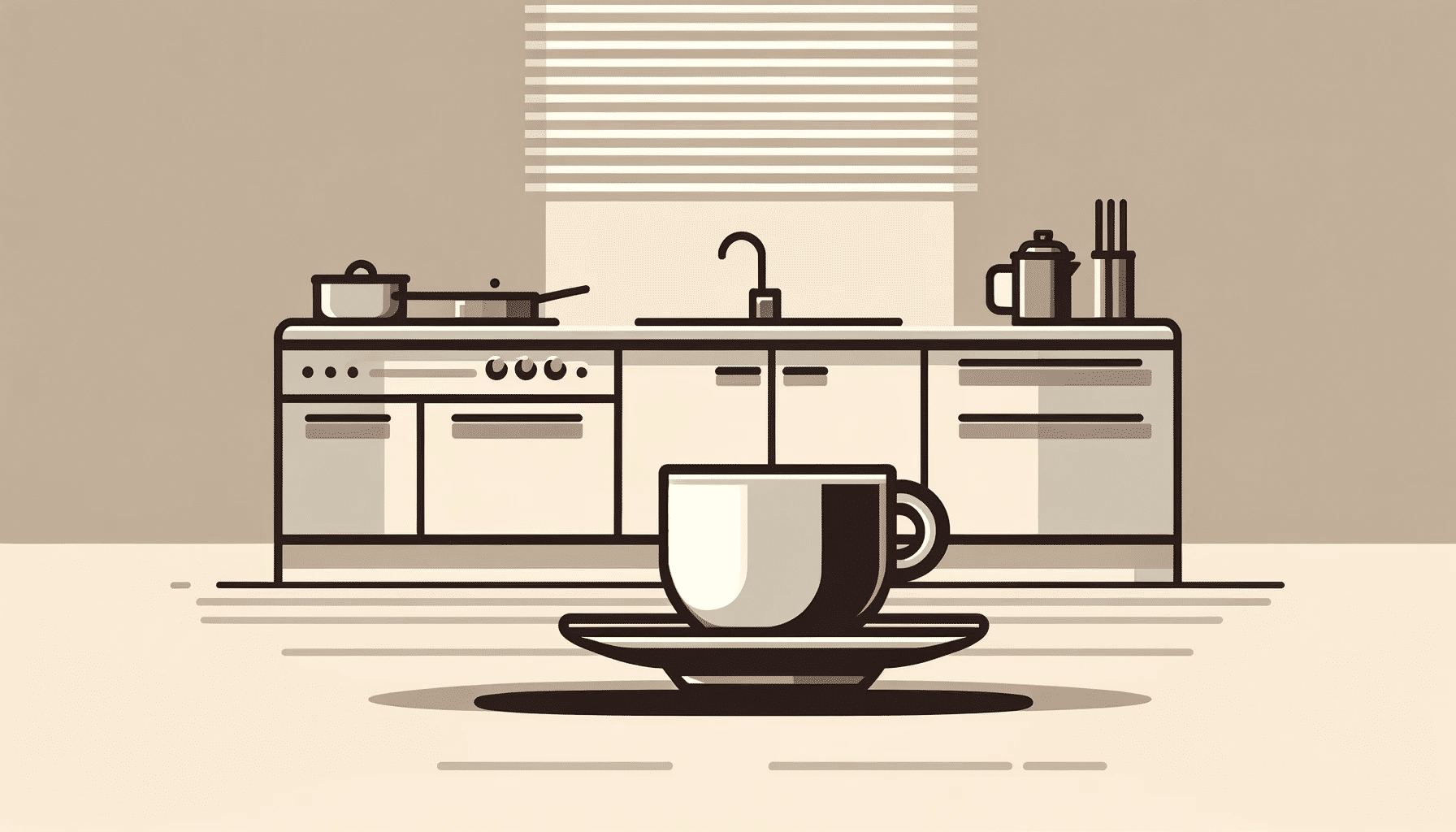
I’m one of those people who struggles to function without my morning cup of coffee. But as someone with celiac disease and IBS, each sip of my favorite latte is a calculated risk.
It’s not just about avoiding so much as a small amount of gluten – it’s about how caffeine affects my already sensitive system.
I love coffee, perhaps too much, and despite the frequent dashes to the restroom, I can’t seem to let go.
Each day involves balancing my affection for coffee with the need to follow a strict gluten-free diet.
Want to know more about the potential link between caffeine and celiac disease? Here’s the low-down.
Key Takeaways
Can I Trust My Coffee to Be Gluten Free?
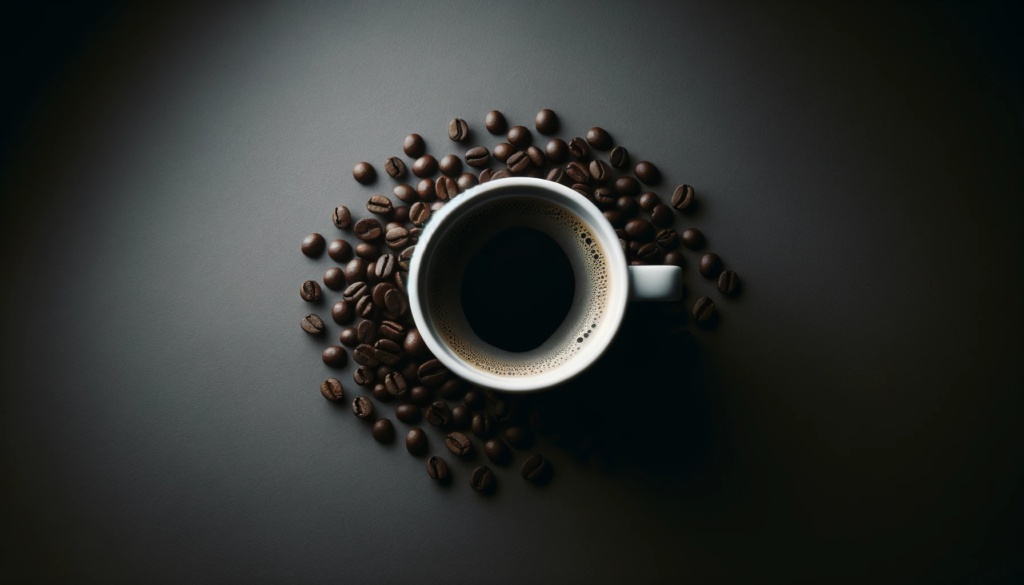
My morning latte is a ritual, a comfort, a necessity. Yet, for people like me with celiac disease, the question of safety looms large.
Coffee should be safe, right? It’s naturally gluten-free, but those flavorful additives—vanilla, hazelnut, caramel—might contain gluten.
Even Starbucks has drinks that have gluten-containing flavorings— I recently learned that the hard way once after excitedly ordering a festive Toffee Nut Latte, only to later realize that it contains barley!
But I’m sure I’m not the first celiac to make such a mistake – and I won’t be the last either!
The Caffeine Conundrum: Is It Celiac’s Accomplice?
I’ve often wondered if there’s a close link between my celiac symptoms and regular coffee intake.
It usually doesn’t take long for me to need the toilet after consuming my morning brew, but I’ll spare you the details on that…
I did some digging and discovered that caffeine sensitivity can cause symptoms that can potentially worsen or mimic celiac symptoms like fatigue, increased inflammation, and suppressed immunity.
Clinically, no direct link has been proven, but my body sometimes tells a different story. And no one knows their body better than themselves – or so I keep telling myself.
The fact I have IBS (irritable bowel syndrome) definitely won’t help with that. Not only do I need to eat gluten-free food, I also have to limit certain FODMAPs too!
Is It Really Celiac Disease Stirring Up Trouble After Coffee?
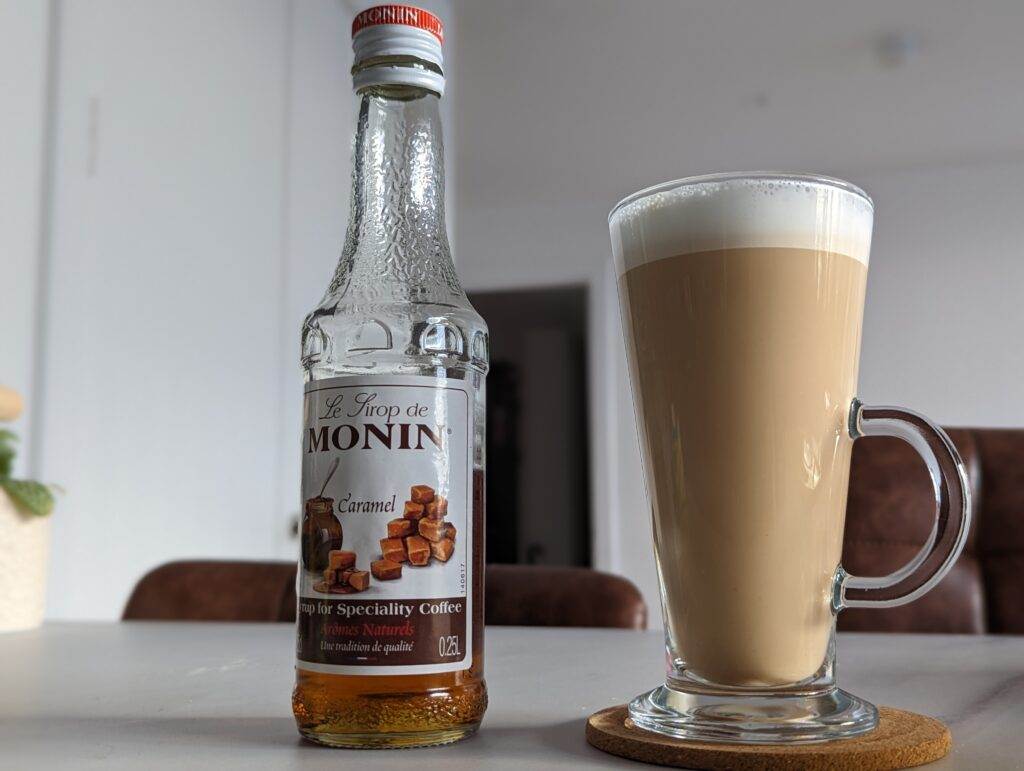
On those mornings when my latte leads to an all-too-familiar sprint to the bathroom, I question everything. Is it the coffee or celiac disease?
I’ve considered stopping drinking coffee altogether, but the thought is nearly unbearable.
If you’re a coffee lover like me, I’m sure you can relate to this!
I need to remember that it’s not always caffeine itself that is the issue—it’s the gluten that might sneak in with it that’s more of a concern.
Taking the Reins: My Personal Path to Clarity
Facing a possible connection between my cherished lattes and my digestive woes, I’ve learned to be proactive.
I didn’t go it alone either – I made sure to enlist the help of health professionals who can help guide me on the path to managing my symptoms better.
In early 2022, I spoke with an IBS specialist dietician who guided me on a low-FODMAP diet to help identify my triggers.
Since then, keeping my symptoms in check has gone far beyond a guessing game – I actually feel more in control now.
Beyond the Brew: Considering All Sources of Caffeine
It’s not just the coffee that warrants scrutiny—it’s every source of caffeine.
From energy drinks to teas and certain medications, there are many things that can affect my gluten intolerance and IBS.
People with celiac disease (or even those who don’t have it) should always err on the side of caution when it comes to caffeine.
Healthy adults shouldn’t consume over 400mg of caffeine daily (remembering it’s not a target!) – your intake can soon add up, especially if you fail to look beyond your cup of joe!
Tired of the daily grind? - Unleash the Performance Lab Caffeine Plus advantage!
A supercharged blend for your mental agility.
Boost stamina. Stay focused.
Conquer your day, not just survive!
Curious? Discover the difference today.
The Verdict: How I Approach Caffeine With Celiac Disease
For the most part, one single brew is my go-to.
But, a simple coffee shop visit?
It requires extra vigilance. Ingredients? They demand a thorough examination.
Cross-contamination? It’s an ever-present threat. Oat milk and a few plant-based milks – barista favorites – might be gluten’s secret carriers.
Remember this: Your coffee’s safety isn’t just about what’s in the cup. It’s also about what’s been in contact with it.
Be aware. Be detailed. And your coffee shop experience? It can still be safe… and utterly enjoyable.
The Role of Moderation in Celiac and Caffeine Consumption
Moderation has become my mantra when it comes to my coffee consumption – I used to have up to 3 or 4 coffees a day.
Now, if you’re looking to bounce off the walls for a few hours or have a super high caffeine tolerance, that might not sound right up your street.
But that was before I realised coffee might worsen IBS symptoms. Nowadays, whether it’s instant coffee or my favorite latte from my beloved Dolce Gusto machine, I typically stick to one per day.
Embracing my coffee habit while keeping my gluten-free diet in check has meant learning when enough is enough. It’s about enjoying my coffee in a way that respects my body’s limits.
The Caffeine And Celiac Disease Link: Key Points for My Fellow Celiac Coffee Lovers
Despite the challenges, I still enjoy my morning coffee most days—it’s a ritual, an addiction, and I certainly don’t plan to give up coffee any time soon!
For those looking for a high-quality caffeine fix that fits into a gluten-free lifestyle, I invite you to check out my Performance Lab Caffeine Plus review. Here, I delve into the world of caffeine pills that promise to be a safe haven for celiacs in need of an energy boost!
Disclaimer: This content is based on my personal experience as an individual diagnosed with celiac disease and IBS (Irritable Bowel Syndrome) who follows a strict gluten-free diet. This does not constitute medical advice. Please consult a medical professional, nutritionist, or qualified dietitian for personalized, professional advice.

